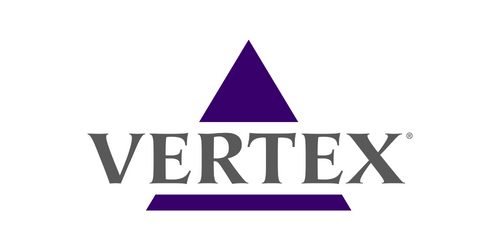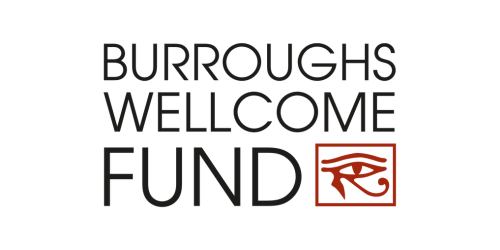Underrepresented Populations Fellowship in Gene and Cell Therapy
ASGCT will award up to two $100,000 grants to U.S. citizens who are postdoctoral or early-career member-researchers from groups underrepresented in the scientific workforce.
Apply for the ASGCT Underrepresented Populations Fellowship Through Aug. 1.
Overview and Benefits Required Documents
Some populations are underrepresented in the scientific workforce, specifically in the number of postdoctoral fellows transitioning into faculty positions. ASGCT is committed to addressing these disparities and providing opportunities for professional development in biomedical research for these underrepresented groups. Therefore, the Society is initiating these $100,000 awards to support up to two ASGCT members in a postdoctoral or early-stage investigator fellowship in gene or cell therapy-related research for one year (November 2025 to December 2026).
Underrepresented groups, as defined by the NIH, include individuals from underrepresented racial and ethnic groups, individuals with disabilities, individuals from disadvantaged backgrounds, and women.
Learn more about the eligibility requirements, application materials, and key deadlines in the Underrepresented Populations Fellowship Overview and Benefits.
Interested in More Award Opportunities?
Career Development Award Honorific Award
Thank You to Our Sponsors
The Diversity, Equity, and Inclusion Awards were supported by Vertex Pharmaceuticals and Burroughs Wellcome Fund without any influence on the content of the program or selection of the award recipients. Learn more about opportunities to support this program.
_1.aspx?width=374&height=187)
.aspx?width=250&height=125)
2024 DEI Prospectus by Leanne Klawien
Frequently Asked Questions
Who can apply?
Applicants must:
- Self-identify as a member of an underrepresented group in the sciences. Underrepresented groups, as defined by the NIH, include individuals from underrepresented racial and ethnic groups, individuals with disabilities, individuals from disadvantaged backgrounds, and women.
-
Be a member of ASGCT. Not an ASGCT member yet? Take the first step. Submit your membership application at least 5 business days prior to the application deadline to allow sufficient time for processing.
-
Have a research focus on gene and cell therapy indications.
-
Be a U.S. citizen or have been lawfully admitted for permanent residence.
-
Be a postdoctoral or early-stage investigator.
-
Have clear and documented support of an established mentor who has active noncommercial funding and will remain funded for the duration of the award term, or who is recognized through national clinical leadership (if the project is clinical).
-
Provide documentation from an institutional leader with the authority to ensure that at least 75 percent of the applicant's full-time professional efforts will be devoted to research during the funded period.
Show Answer
What can this grant be used for?
All funds must be used for direct expenses associated with conducting the proposed project and are non-transferable. Please refer to our Grant Policy Statement for a list of accepted costs.
Show Answer
Is U.S. citizenship a requirement?
Applicants must either be a U.S. citizen or have been lawfully admitted for permanent residence. Mentors must be located in the United States during the duration of the research. Any visa and/or citizenship restrictions applicable to receiving the award are the responsibility of the applicant.
Show Answer
When will winners be notified?
Winners will be notified by November 1 and awards will be processed by November 30.
Show Answer